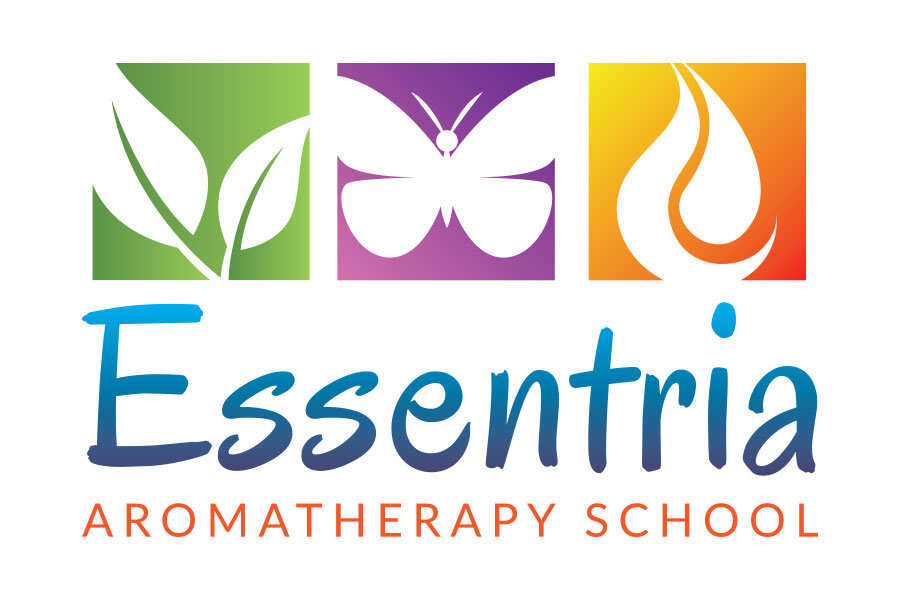Unlocking Aromatherapy Secrets: Essential Oils vs. Fragrance Oils Explained
Imagine a visit to your favourite spa, where the smell of lavender and eucalyptus wafts through the air, creating an ambiance of tranquility and serenity. Or think of a cozy evening at home, with the scent of vanilla or jasmine from your favourite candle, filling the room. Both these scenarios are made possible due to the magic of oils - fragrance oils and essential oils. But do you know what differentiates them? Are you aware of what goes into these bottles of enchanting aromas?
Let's embark on a journey to understand these aromatic oils better. We'll delve into their origins, their ingredients, their uses, and most importantly, their potential benefits and drawbacks. It's time to demystify the world of fragrance oils and essential oils.
As we do so, remember, armed with the right knowledge, we can make choices that are not only good for our senses but also for our health and well-being.
Understanding Fragrance Oils
What are Fragrance Oils?
Fragrance oils, also known as perfume oils, are artificially created scents. They're concoctions of chemical components, both natural and synthetic. As the name suggests, they're designed to imbue products with a particular fragrance. From the candles that make your home smell divine to the body lotions that leave your skin scented, fragrance oils are everywhere.
One of the main advantages of fragrance oils is that they're incredibly versatile. They can be manipulated to create any scent under the sun - a luxury that their natural counterparts, essential oils, can't afford.
However, it's important to understand that this versatility comes with a catch. Fragrance oils often contain toxic ingredients that can cause reactions ranging from minor skin irritations to more serious allergic reactions. So, while they may smell heavenly, they might not necessarily be the best choice for overall health.
The Dark Side of Fragrance Oils
Did you know that the term 'fragrance' can be a cover for about 3,000 different ingredients? And you won't find these listed on the product's label. This lack of transparency is concerning, especially since many of these hidden ingredients can be harmful.
Phthalates, for instance, are a group of chemicals often found in fragrance oils. They're used to make the scent last longer. Unfortunately, they're also linked to hormonal disruptions, reproductive issues, and even cancer. Then there are parabens, another common ingredient in fragrance oils, known to mimic estrogen and potentially lead to hormonal imbalances. They also contain petroleum by-products which are often linked to increased behavioural issues with ADHD and ODD.
Given these potential risks, it's crucial to be an informed consumer. If a product lists 'fragrance' as an ingredient without further explanation, it might be wise to look for alternatives.
Exploring Essential Oils
What are Essential Oils?
Essential oils are concentrated plant extracts that capture the plant's scent, or 'essence.' They're obtained through distillation or cold pressing. Unlike fragrance oils, essential oils are purely natural, free from synthetic components.
The usage of essential oils dates back to ancient civilizations. The extraction method is different today, but they have been used for medicinal purposes, spiritual rituals, beauty treatments, and more. Today, they're popularly used in aromatherapy, a holistic healing treatment that uses natural plant extracts to promote health and well-being.
However, despite their natural origin, essential oils are potent substances. They need to be used safely, properly diluted, and not overused to overstimulate the nervous system. After all, too much of anything, even a good thing, can be harmful.
The Safe Usage of Essential Oils
When used correctly, essential oils can offer significant benefits. They can help relieve stress, improve sleep, reduce inflammation, and more. However, they're not to be used recklessly. Here are some safety measures to keep in mind.
Do not apply essential oils directly to the skin. They're highly concentrated and could cause skin irritation or sensitization. Always dilute them with a carrier oil, like coconut oil or jojoba oil, before topical application.
When diffusing, only diffuse for 30 to 60 minutes at a time, then take at least a 60-minute break. If younger kids are around, it’s important to decrease the time of diffusion.
Remember that essential oils are potent substances. Using them excessively can overstimulate the nervous system, leading to headaches, nausea, or other discomforts. Therefore, moderation is key when it comes to essential oils.
So, there you have it. A deep dive into the world of fragrance oils and essential oils. Both come with their unique set of features, benefits, and drawbacks. It's up to us to make informed choices, considering not just the aroma but also the impact on our health and well-being.
Remember, the best scent is one that doesn't just make you smell good but also feel good. It's the scent of health, wellness, and conscious living. So, the next time you pick up that bottle of perfume or light that aromatic candle, think about what goes into it. Choose wisely, and enjoy the magic of fragrances responsibly.
And as always, listen to your body. It's the best judge of what works for you and what doesn't. After all, you're the queen of your castle, and you call the shots!
LEARN MORE WITH ESSENTRIA
Want to learn more about how to use essential oils in your home? Check out our free no strings attached online course here.
Plus consider joining us in our Facebook group Love Essential Oils with Essentria where we post tips and tricks on how to use aromatherapy safely in your daily life.
Grab some FREE tools to help you on your essential oils journey.
Follow us for FREE educational and fun posts daily and don’t forget to subscribe to our newsletter for access to discounts and promos!
Want to learn more about how to become an aromatherapist, check out our certification courses and bundles offered online here.



